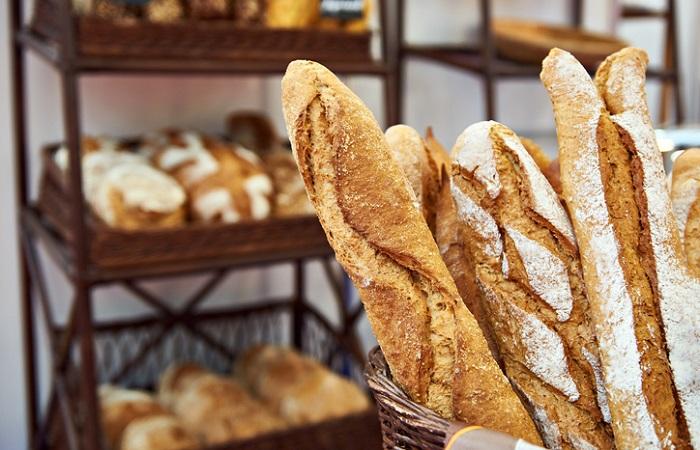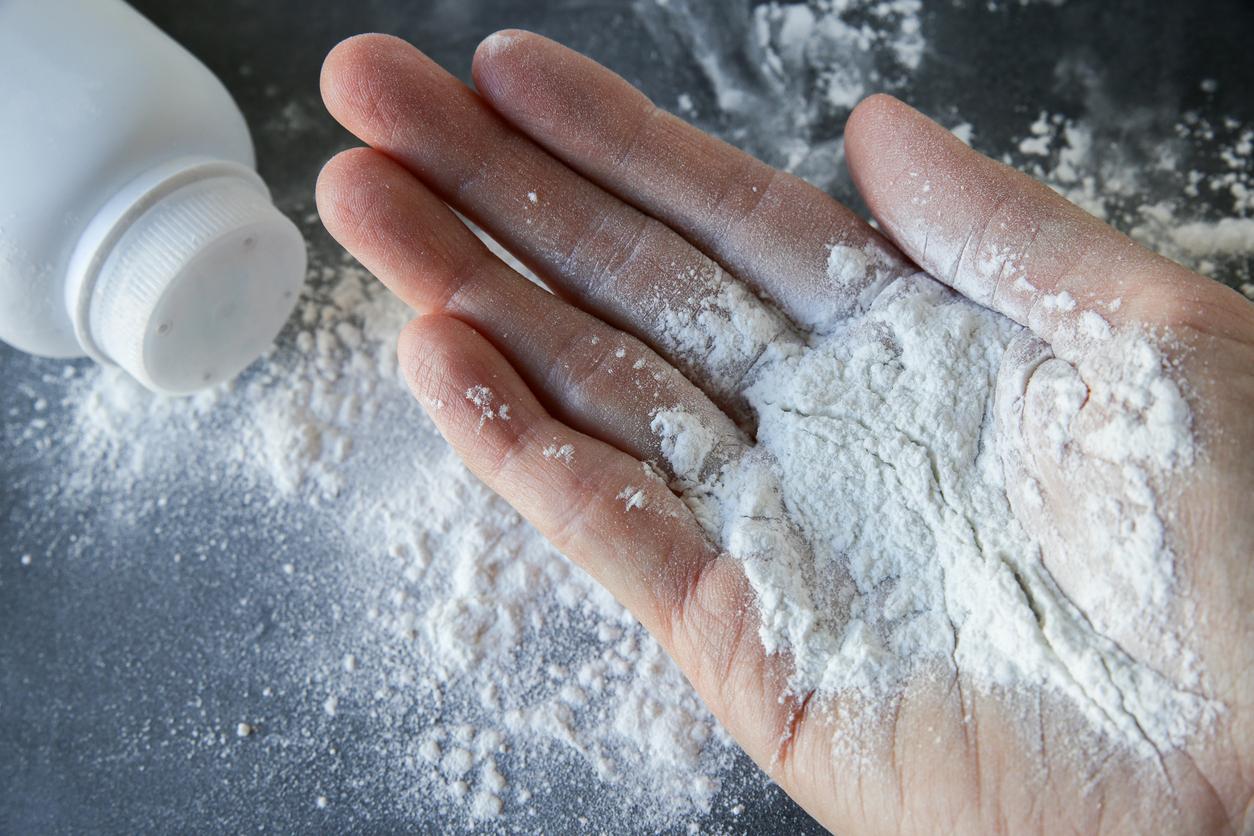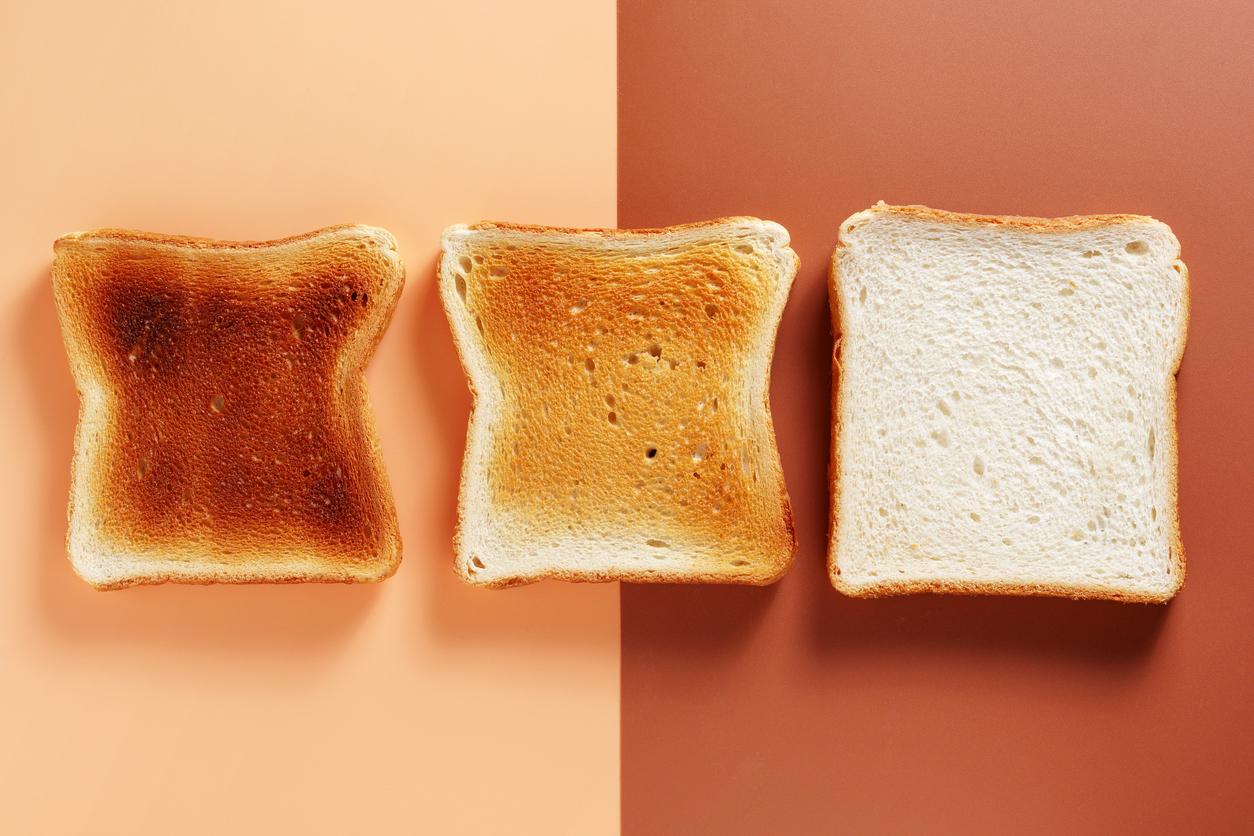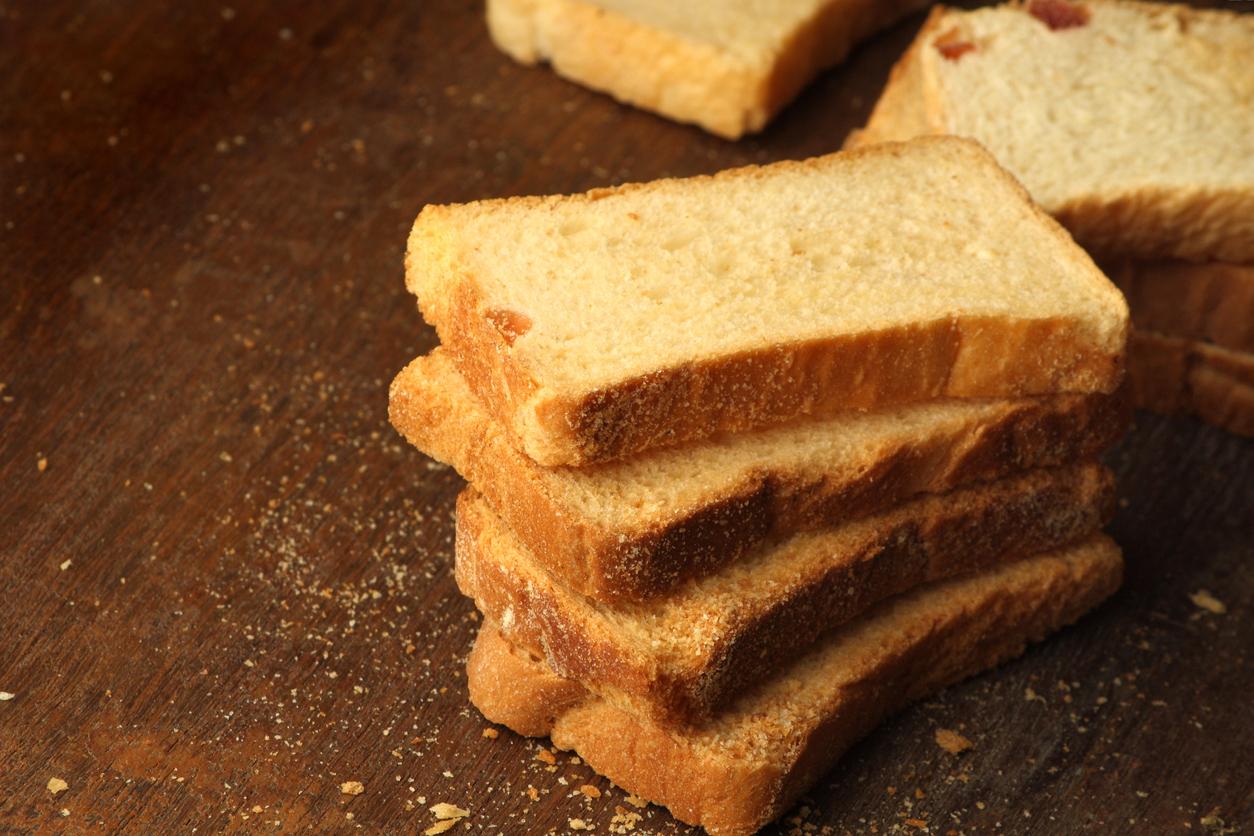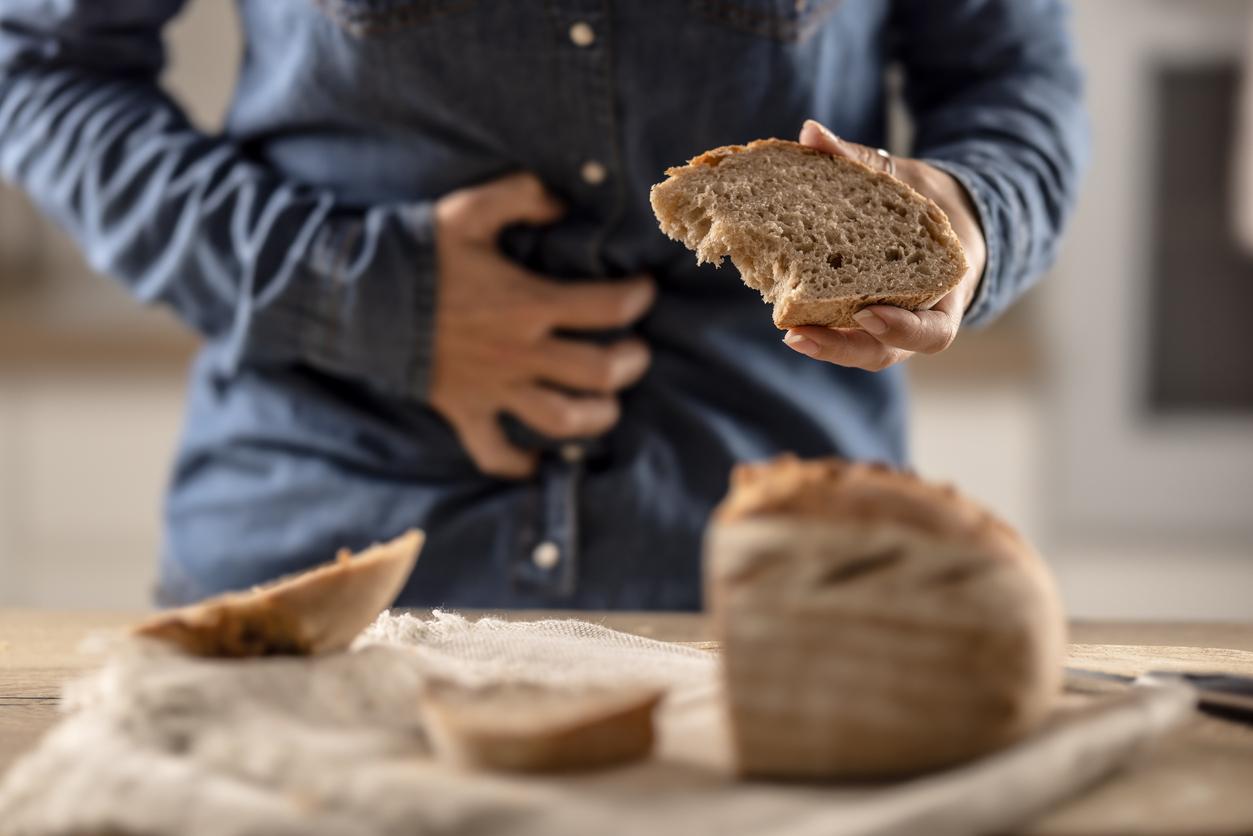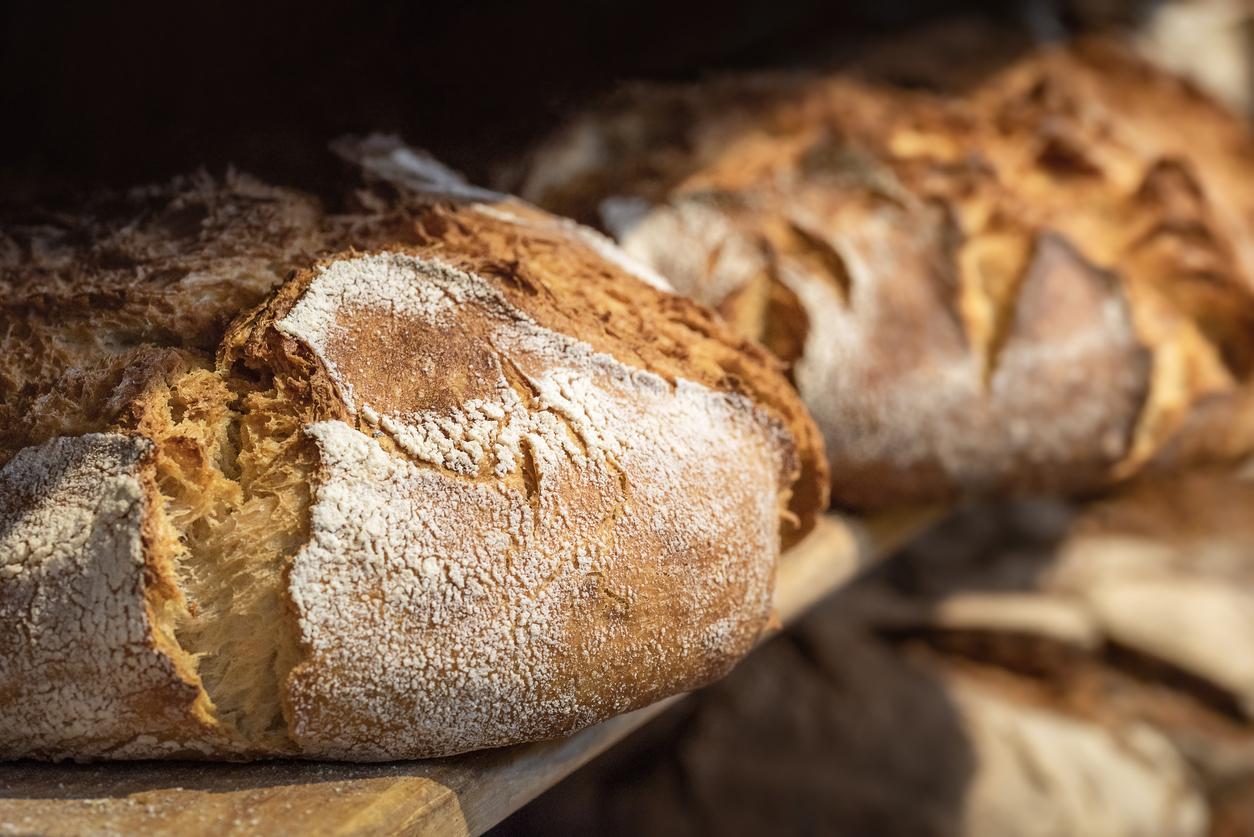When you toast your bread too much, a substance known to be carcinogenic, called “acrylamide”, forms naturally in the food.
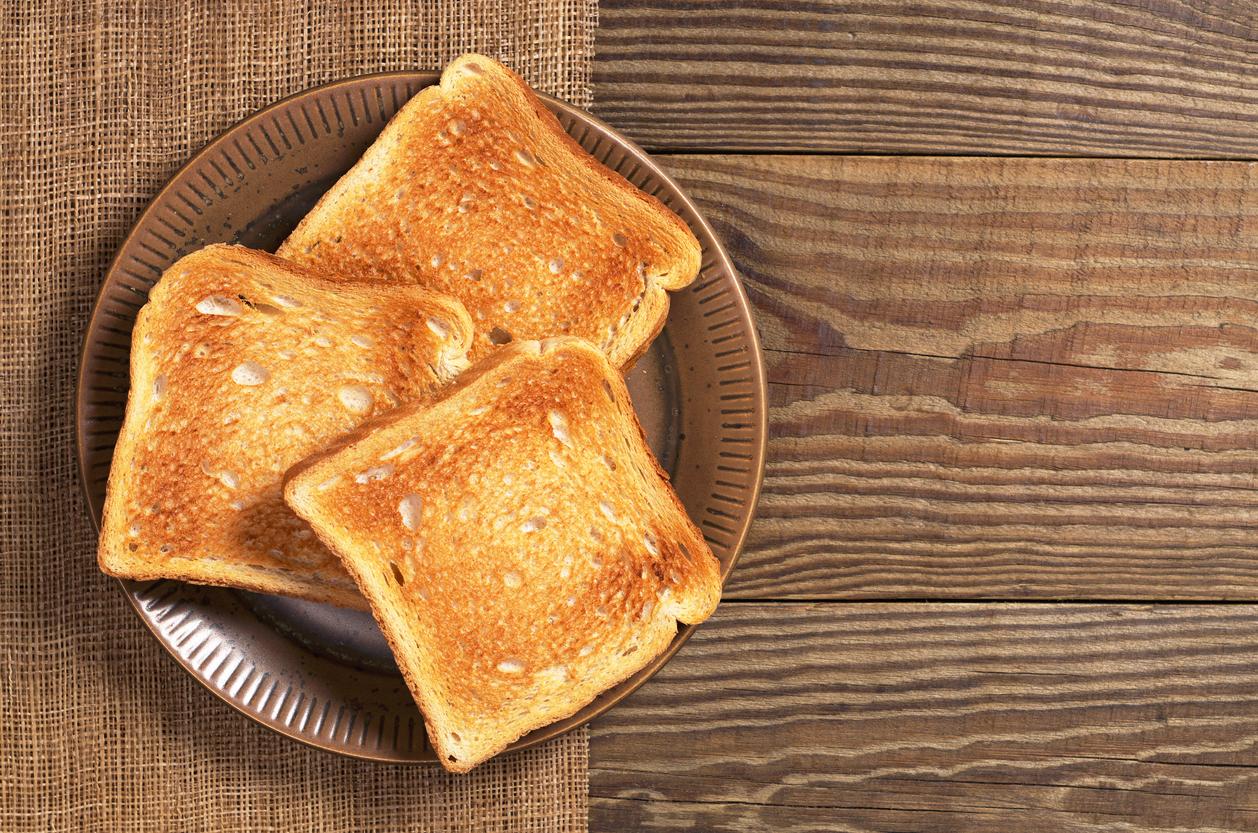
- The European Food Safety Authority reports that the chemical acrylamide is formed in starchy foods when cooked at high temperatures.
- This molecule “is recognized as a proven carcinogen for animals and possible for humans”.
- To limit your exposure to this substance, you should “not burn, but lightly brown” your food.
At breakfast, before spreading their bread with butter or jam, many people toast it. However, this habit is not without health risks. According to the European Food Safety Authority (EFSA)this promotes the formation of a chemical substance, called “acrylamide”, which is also present in chips, fried potatoes, biscuits, coffee and in tobacco smoke.
Bread, chips, coffee, biscuits: acrylamide “is recognized as a carcinogen”
This molecule is formed during cooking at high temperature, “in particular frying, baking, roasting and industrial processing at more than 120°C and low humidity”, certain products rich in starch. “Acrylamide is formed from sugars and amino acids (mainly asparagine) naturally present in many foods. (…) The main chemical mechanism behind this process is called ‘the Maillard reaction’. It is also this reaction which gives a golden color to foods and which affects their flavor. can we read in the press release.
This molecule was detected for the first time in April 2022. Since its identification, the National Food Safety Agency (ANSES) has assessed the risks associated with this substance. According to the health authority, acrylamide “is recognized as a proven animal and possible human carcinogen by the International Agency for Research on Cancer (IARC)“.
“Do not burn, but lightly brown” foods
To reduce consumer exposure to acrylamide, EFSA recommends “do not burn, but lightly brown” lhe foods. Advice also given by ANSES: “do not consume the most browned areas during cooking, which are richest in acrylamide”. Both health authorities also recommend respecting times and temperatures when frying foods to avoid overcooking.
“Do not store potatoes in the refrigerator as this increases sugar levels (which may increase acrylamide production during cooking). Store them in a dark, cool place,” specifies the European Food Safety Authority. Finally, ANSES reminds that it is advisable to have a diversified and balanced diet, rich in fruits and vegetables and moderate in fatty and fried foods.










